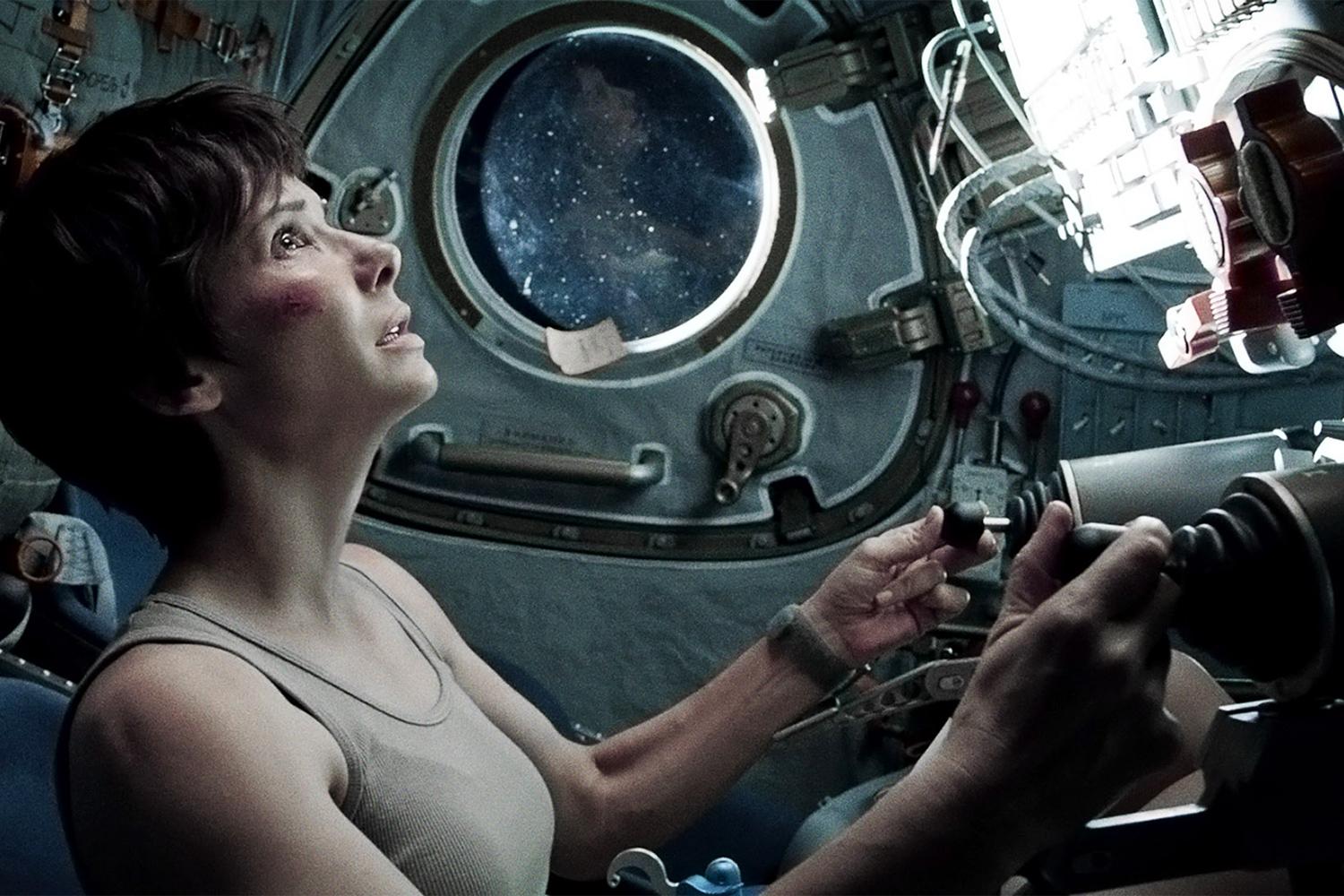
It’s no hidden secret that there are a lot of films listed on Rotten Tomatoes with outrageously high scores. Once upon a time, a film-lover could look up a film on Rotten Tomatoes and get a rough idea if it is worth watching or not. It was simple, any film with more than 60% favorable reviews was deemed ‘fresh’, anything with 59% or lower deemed ‘rotten’.
In those early days, back in the early to mid-2000s, when Rotten Tomatoes was still finding its feet, it was still relatively underground and a reliable alternative for film reviews. Sadly, those days ended a long time ago. Rotten Tomatoes became a big hit, it jumped into the mainstream and with that tremendous leap came a lot of overrated films. Now just about anyone who can formulate a sentence can write a review and be recognized as a ‘critic’. This has led to some recent films being so highly rated that mathematically they are better than well-known classics.
Without further ado, here are some of the most overrated films with high Rotten Tomatoes scores:
DISCLAIMER! These films may be considered overrated, but we are by no means saying that they are bad!
1. Truman Show (94%)
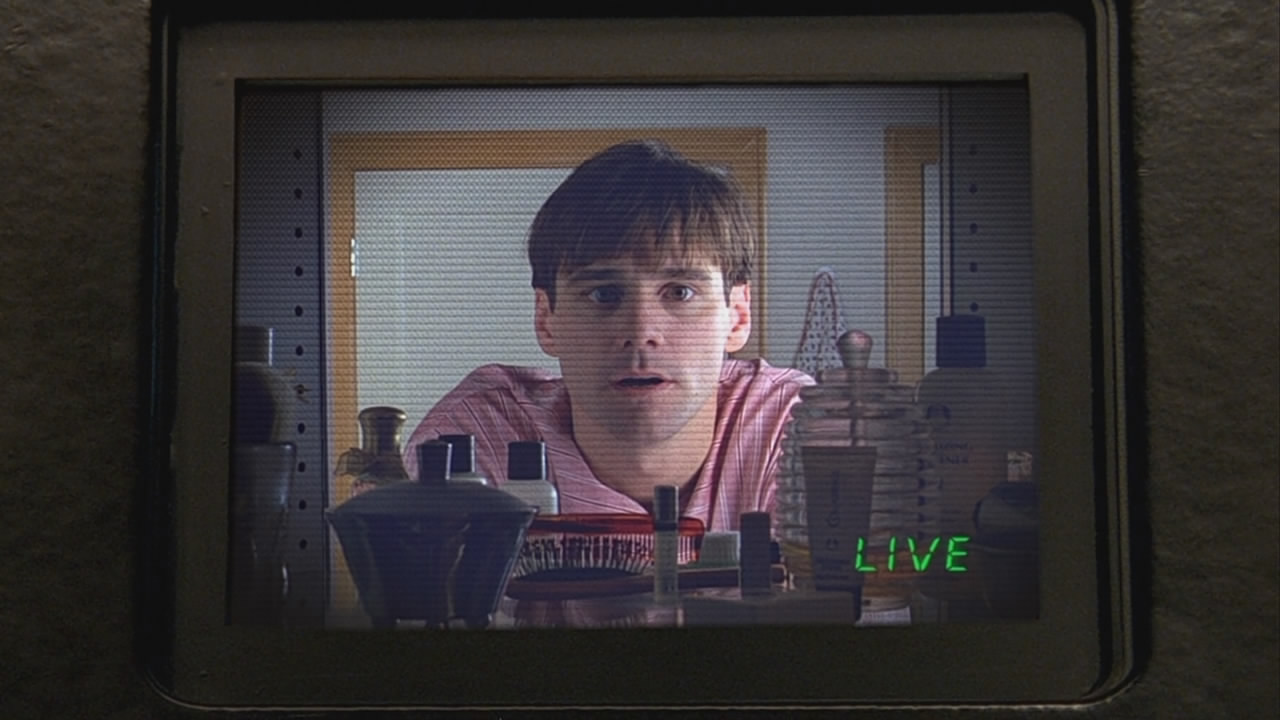
Now, the idea behind Truman Show is pretty interesting; your whole life has been played out on TV in front of millions of viewers and everyone you know is in on this massive secret and intent on keeping you where you are.
But here’s why it’s overrated – what else does it bring to the table? The rest of the story is predictable. Of course, Truman (Jim Carrey) is going to uncover the truth and escape.
We know what is going to happen before we even start watching it. If the Truman Show really wanted to be groundbreaking, it should really have explored these themes in more detail. Instead, it returns to typical genre conventions – Truman slowly but surely works out that things are not as they seem and breaks free. Sorry if that spoiled the plot for you, but you could have guessed it just from the trailer.
We also need to question the casting choice of Jim Carrey. Jim Carrey really just plays the same comical-kooky persona in a lot of his films (though he has toned it down considerably over the years). By casting him as Truman, the filmmakers accidentally – or perhaps deliberately – made the film into more of a comedy than a satire. Arguably the film still would have worked without any comical elements involved. Though, without a star like Jim Carrey attached to it, it may not have received as much attention in the theaters.
Why is it loved so much by people? Well, that’s most likely down to how everyone can relate to the idea that we are being watched or that there is someone or something manipulating events in our lives. This appeals to the self-centered part of ourselves, the part that wants to believe we may have a greater importance. After we are sold on that aspect, without realizing it we buy into the happy ending leaving with a feeling that we too can be free of the restraints on our lives.
2. Silver Linings Playbook (92%)
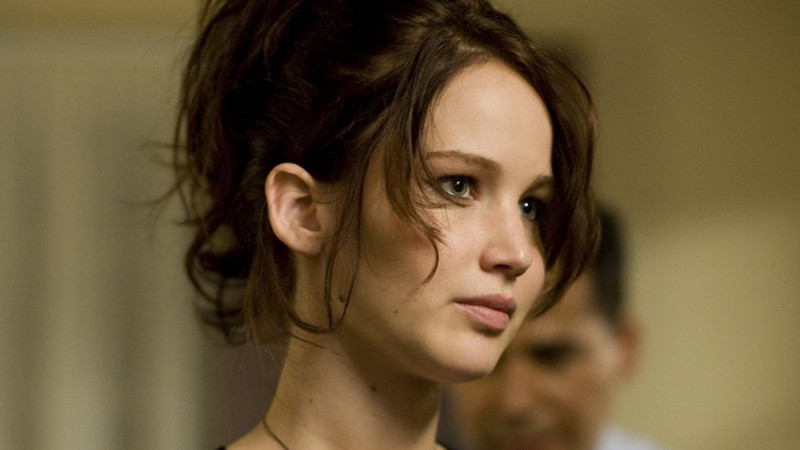
With a rating as high as 92%, Rotten Tomatoes is playing a cruel trick on you with this film. The premise is interesting, but the payoff was unpredictably bad, so bad that it ruined almost anything redeemable about it.
Silver Linings Playbook is supposed to be about a guy named Pat who has a mental breakdown after losing his wife and job. The key word in that sentence is ‘mental’. It implies that this is a film about mental illness, but you’ll be disappointed to find out that it’s hardly mentioned in the film, especially as it gets closer and closer to the end.
Inevitably the protagonists, Pat (Bradley Cooper) and Tiffany (Jennifer Lawrence), fall in love. Unfortunately, though, love doesn’t heal all wounds and just because the main characters have a fancy dance at the end doesn’t mean that they’ll live happily ever after. Silver Linings Playbook completely dodges having to deal with the concepts and issues it brought up at the beginning of the film in favor of a happy Hollywood ending.
It’s almost as if it is trying to suggest that all you need to get over your mental health issues is to just ignore it, pick up a hobby and your life will go back to normal. It’s kind of insulting for those that suffer or have suffered from mental issues. In Silver Linings Playbook mental illness is just a plot tool to get audiences interested.
A number of critics who disliked the film highlight how meticulously the plot points are constructed and solved. It almost feels like they are just there so things happen, things for their actors to do but contribute little towards the narrative. You could almost imagine David O. Russell putting together the screenplay, ticking off a list of plot points as if there were a shopping list.
This also contributes to the feeling that the film is simply a ‘vehicle’ for its stars to get nominated, which they did! They got eight nominations at the Academy Awards! David O. Russell was nominated for both Best Picture and Best Director, Bradley Cooper for Best Actor, Lawrence for Best Actress, and Robert De Niro and Jacki Weaver for Best Supporting Actor and Actress. On top of that, they also were nominated for Best Film Editing and Best Adapted Screenplay.
Also, side note, is anything with Robert De Niro in a family setting worth watching? It’s usually a good sign that the film you’re about to witness has some major flaws. Really why was he cast in this film? What does he add to it? Seems a bit like a big hole in the budget just to add a big name. Unfortunately for De Niro, this isn’t his only overrated film in this list, he’s also tied to two others…
3. The Blair Witch Project (87%)
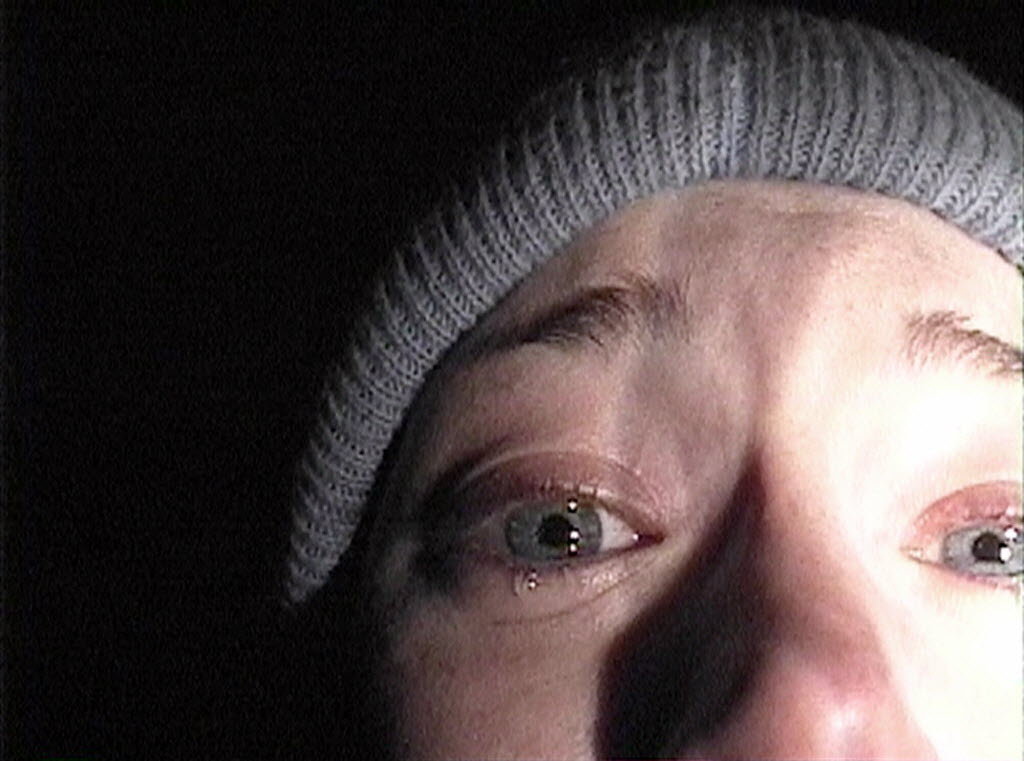
Undeniably The Blair Witch Project has a cult status and started the POV/found footage horror trend that took hold of the Hollywood horror scene for most of the 2000s. Sorry, but first and foremost, that’s not necessarily a good thing, in fact, it made a lot of horror movies pretty tiring to watch. Being responsible for a new trend doesn’t make the film good, especially when that trend is overdone so much it kind of ends up killing itself – where are all the found footage films now?
In a sense, The Blair Witch Project bullshitted its way up the ladder. Its release was accompanied by a clever marketing campaign that tried to suggest it was real found footage, even claiming that the actors in the film were either dead or missing.
Another interesting thing to note is how many of the critics who praised The Blair Witch Project for not showing the antagonist (the so-called witch), suggesting that by not seeing the mysterious villain the film is more terrifying. Though this may be true, isn’t film supposed to be a visual medium? It all begs the question; did the critics really love the film or did they just love the experience the filmmakers built around it?
Aside from the found footage aspect, which was innovative at the time, what really happens in The Blair Witch Project apart from a few annoying students get lost in the forest and start freaking out? The characters are not particularly likable, and the filming method makes it hard to get a good sense of who they are.
Finally, it should also be noted that there were also some critics that really hated this film too. Actress Heather Donahue, who played… herself… won a Razzie for worst actress and the film’s producers were nominated for worst film. In reality, The Blair Witch Project is actually quite a polarizing film.
4. Wonder Woman (93%)

Not too long ago, actor Ethan Hawke suggested that superhero movies are overrated and looking at Wonder Woman he’s definitely got a point. Can a film about Wonder Woman ever really be that good? Surprisingly 93% of Rotten Tomatoes critics who reviewed the film thought so. And it would have made sense if the filmmakers reshaped Wonder Woman in the modern world and updated her, instead what audiences got was flimsy and nothing new.
It is possible then that maybe some superheroes were just meant to die out or retire? Belonging to another world, the 20th century (funnily enough the century where most of the action is set!), when most of them were created? Back then Wonder Woman served a purpose, the first female superhero which was a big step. But in today’s world is there really anything deep and interesting about Wonder Woman other than her being a woman? It’s just not deep enough and that translated poorly on the screen.
Director Patty Jenkins really had a chance to push for something new with Wonder Woman, to build something new. It should have been an opportunity to explore relationships between men and women and how they have evolved (it did try at one point to talk about sex, but the scene was just awkward).
It would have been perfect timing for the Me Too movement as well when people want to hear this kind of discussion in cinema (bearing in mind that that happened after the film was released though). But sadly, it didn’t, it shied away from these themes most likely in an attempt not to offend the fragile sense of masculinity held by some diehard superhero fans and gave audiences a bland origin story in the process. After all, this film was made to be a blockbuster, not intellectually challenging.
Aside from missed opportunities, Wonder Woman suffers from the same issues Superman does – they’re both basically invincible. The problem with invincible superheroes is that they don’t have stakes, there’s no chance they’ll die or even get wounded, which removes all the tension from the film. Great characters have flaws or, at the very least, weaknesses. The plot, on the other hand, was definitely not invincible and is really no different to any other superhero narrative and some criticized the lack of a real villain (or at least interesting ones) throughout most of the film.
After Wonder Woman are we going to see another superhero film starring a woman? Probably not. It’s kind of like Hollywood are trying to tick off all the different types of superhero demographic – just a year after Wonder Woman we had Black Panther – in an attempt to keep the superhero genre going. The formula seems to be find a superhero with a unique background but keep the narrative more or less the same. This formula stopped Wonder Woman from being an interesting film.
5. Gravity (96%)
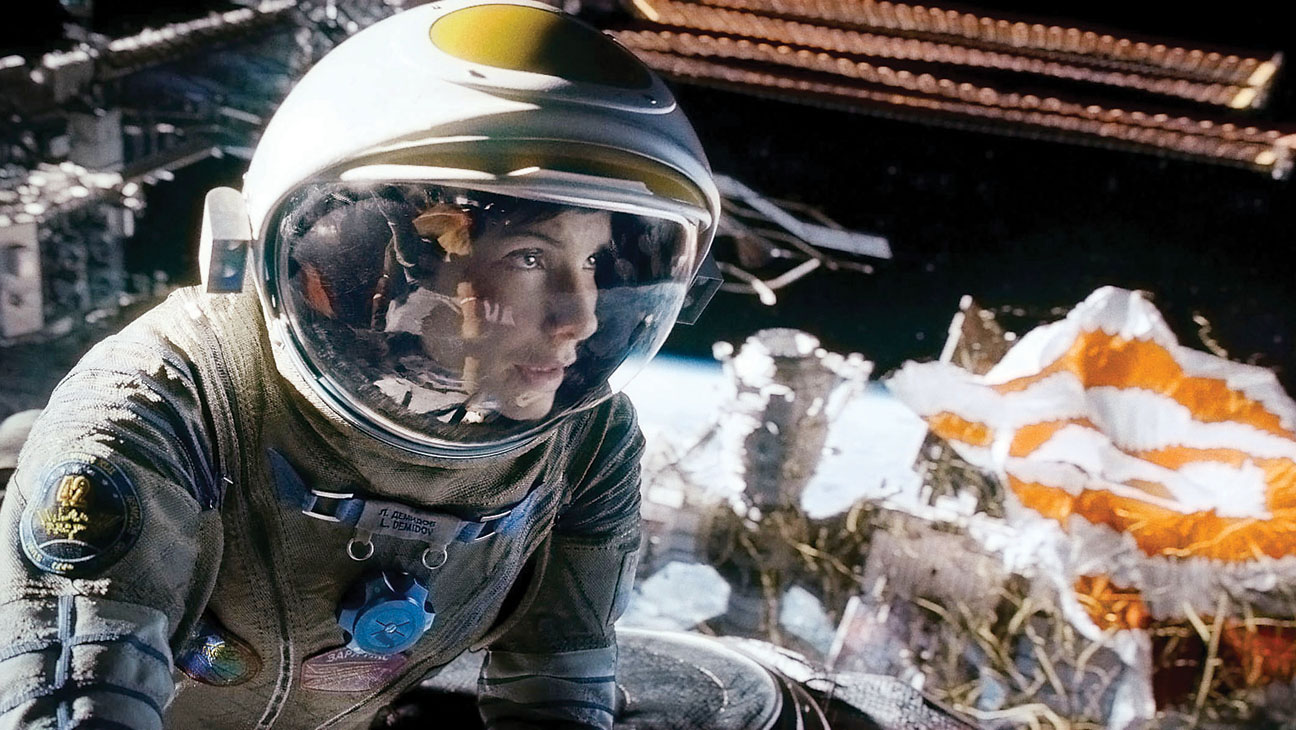
The whole film kind of feels like a special effects advertisement, and while they are impressive, the plot is pretty thin. Peter Bradshaw of the Guardian initially praised the film, but later said it was one of his most overrated films and described the plot as “Unhappy woman has bad time in space but survives against the odds.” It feels as if Alfonso Cuarón and his son Jonás Cuarón were really trying to think of every possible thing that could ever happen to a modern-day astronaut and stitch them all together in a screenplay.
Gravity has also been accused of being misogynistic. Sandra Bullock always has to be saved throughout the film, even by a George Clooney space ghost or just by luck. Comparing the two – Bullock and Clooney – the differences in character are quite ridiculous. Clooney, as always, plays the calm and cool guy while Bullock panics her whole way through the film, becoming a classic example of a damsel in distress. It also raises questions about how we see women and sci-fi or even women and science. Clooney, the man is an expert, Bullock, the woman, is an inexperienced rookie.
Supposedly Cuarón really wanted to cast the lead role as a woman and the film was even praised for this, but, as explained by Medium’s Michael Bleigh, there is a difference between casting a woman in the lead role and having a strong female character. Also, why does Bullock spend so much time in her underwear?
Gravity is really a film that’s most effective when you watch it on the big screen where it’s special effects can dazzle you and you can get absorbed into the experience of being in space. Watching it at home is less impressive and it’s less than interesting plot becomes more apparent. Gravity is an example of a Hollywood film trying to remind audiences that going to the cinema is still worth it – not necessarily for the best story, but for the experience that you just can’t get anywhere else – in a world where Netflix and the Internet have come to dominate our primary source of entertainment.